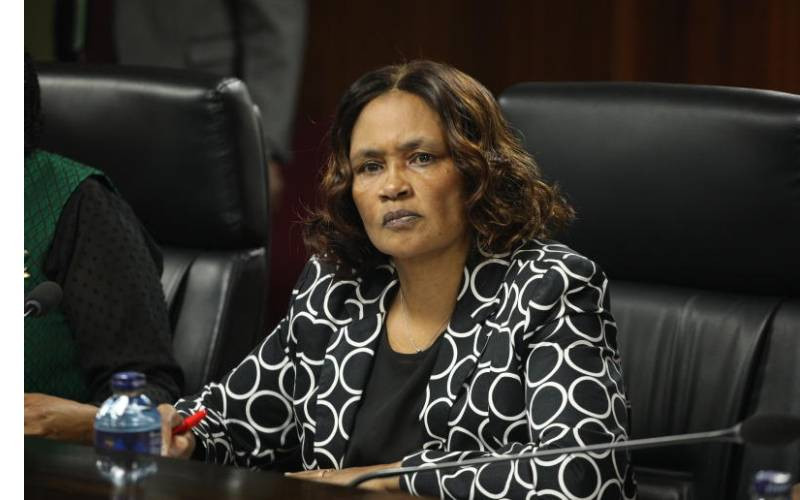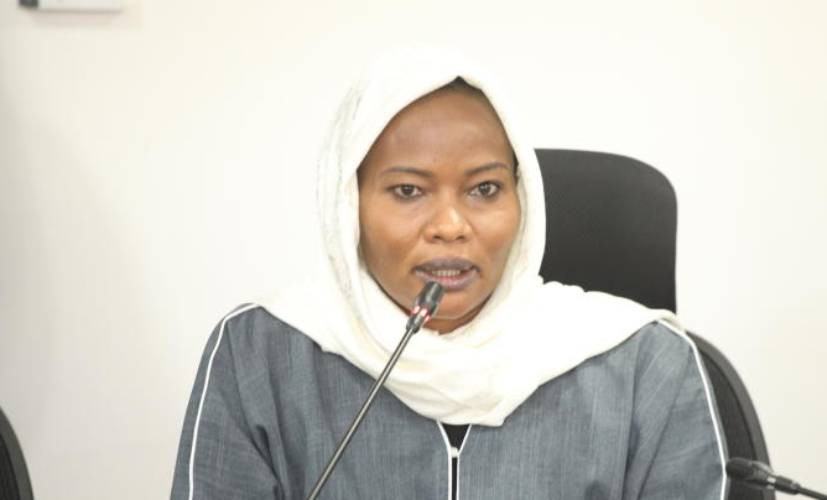
The National Assembly committee on education is seeking re-classification of hardship allowances for teachers, with proposals that it be clustered.
During a session with the committee, chaired by Vice-Chairperson Eve Obara, the Teachers Service Commission (TSC) explained that housing and hardship allowances are determined by the Salaries and Remuneration Commission (SRC), with the TSC only mandated to implement them.
The TSC team, led by Acting Chief Executive Officer Evaleen Mitei and Director of Legal Affairs Cavin Anyuor, was responding to MPs’ questions on how hardship areas are defined and the role of the SRC in determining teachers’ allowances.
Isiolo County MP Mumina Bonaya led called for the clustering of hardship allowances, similar to the current structure of housing allowances, and urged a swift review.
If clustered, Bonaya said, the allowances would better reflect actual conditions and help improve teacher retention, especially in remote areas.




“Most schools are not able to retain teachers because of a lack of hardship allowance or being barely enough. We need to cluster the hardship allowance. Most of our schools in rural counties like Isiolo are not able to retain teachers… they prefer town centres and municipalities where infrastructure is accessible,” she said.
Moiben MP Phylis Bartoo questioned whether the TSC advises the SRC on teacher welfare in hardship areas, given the Commission’s closer contact with teachers on the ground.
“TSC says it has nothing to do with it, but I believe you must make recommendations because you understand your teachers’ working environment. You cannot simply wash your hands of this. Do you just accept SRC’s information as gospel truth, or do you advise them based on what teachers actually face across Kenya?” she asked.
In response, Anyuor explained that SRC advisories are binding, and the TSC has limited influence. However, he noted that the Commission has already submitted its recommendations for the reclassification of hardship allowances into three categories: extreme, mild, and minor.
“We have taken that issue, including how the classification is done, including a request that there may be changes, because since this study was done, it has taken some time. The cost of living has gone up. For instance, how do you classify Kitale as a major municipality and you leave out another town? So those are questions that the competent authority to respond to is the SRC,” he said.
Mitei added, “When we do collective bargaining negotiations, we present our recommendations to the SRC and to the National Treasury. They came up with the classification.”
“We will escalate concerns around hardship and municipality allowances to the Public Service Commission.”
Regarding housing allowances, TSC said that following SRC’s advisory, the Commission and teachers’ unions reviewed the Collective Bargaining Agreements (CBAs) and signed an addendum in August 2023. The revised terms are being implemented in two phases, effective July 1, 2023.
TSC said that the first phase of enhanced salaries was successfully implemented in the period from July 1, 2023, to June 30, 2024, with the commission currently implementing the second phase with effect from July 1, 2024, to June 30, 2025.
Stay informed. Subscribe to our newsletter
The CBA categorised housing allowance based on the stations where teachers are assigned to teach. With effect from July 1, 2024, payment of house allowance is done in three categories.
The first category is Nairobi, the second one covers Mombasa, Nakuru, Kisumu, Eldoret and other major municipalities, namely Kisii, Nyeri, Thika, Malindi and Kitale, while the third category covers all other areas.
For the 2023/24 financial year, housing allowances ranged from Sh6,750 (Grade B5) to Sh50,000 (Grade D5) in Cluster 1. In Cluster 2, the range was Sh4,500 to Sh35,000, while in Cluster 3, it was Sh3,850 to Sh25,000.